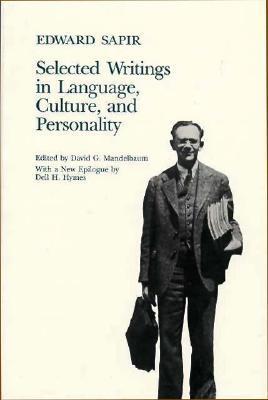What do you think?
Rate this book


"For sheer brilliance Edward Sapir is unsurpassed by any American anthropologist, living or dead."Cylde Kluckhohn, Harvard University
617 pages, Paperback
First published June 1, 1949
Four stages of synthesis may be conveniently recognized; the isolating type, the weakly synthetic type, the fully synthetic type and the polysynthetic type.
Tylor believed that the series: soul, ghost, spirit, god, was a necessary genetic chain. "God" would be no more than the individualized totality of all spirits, ...